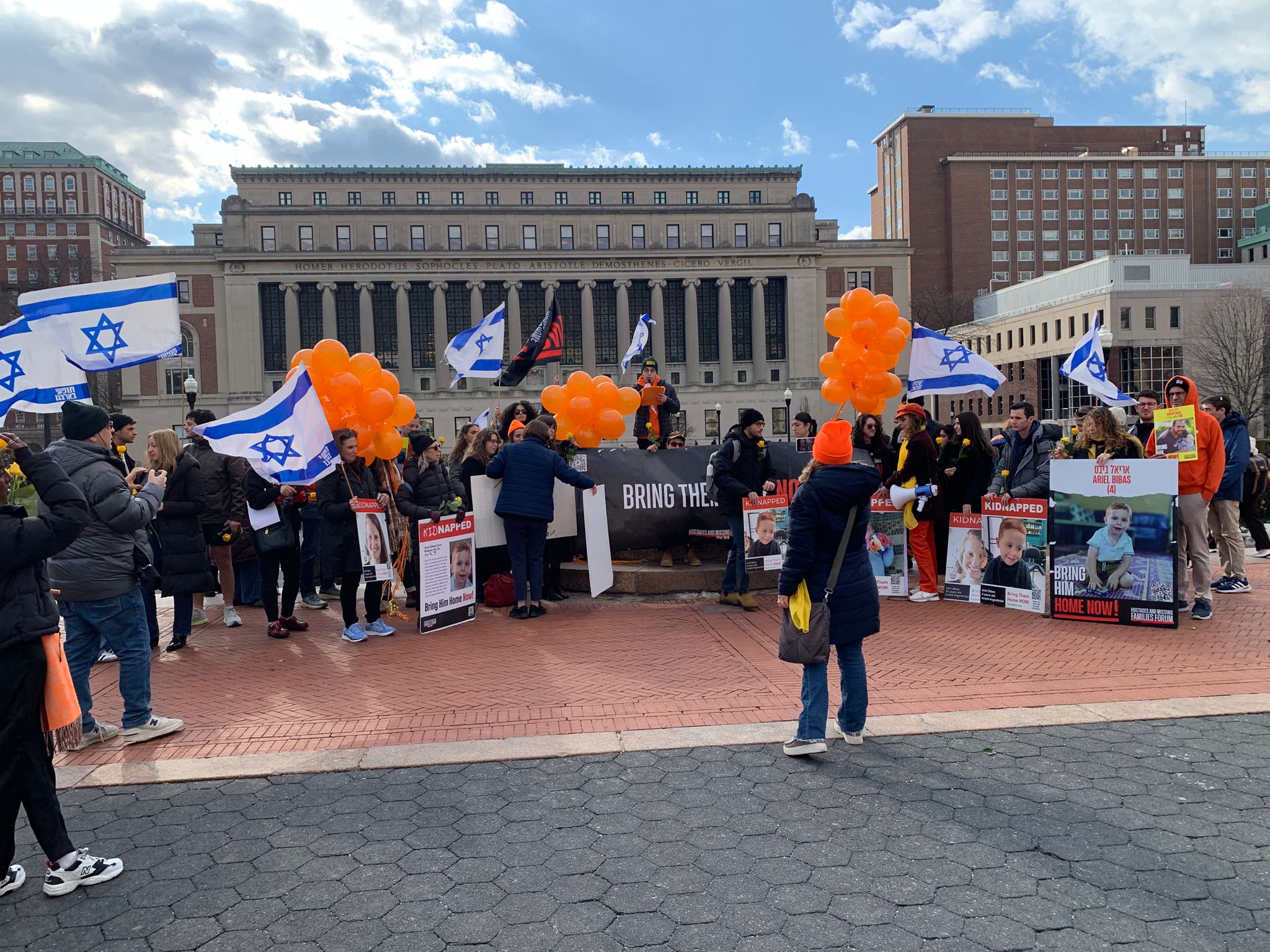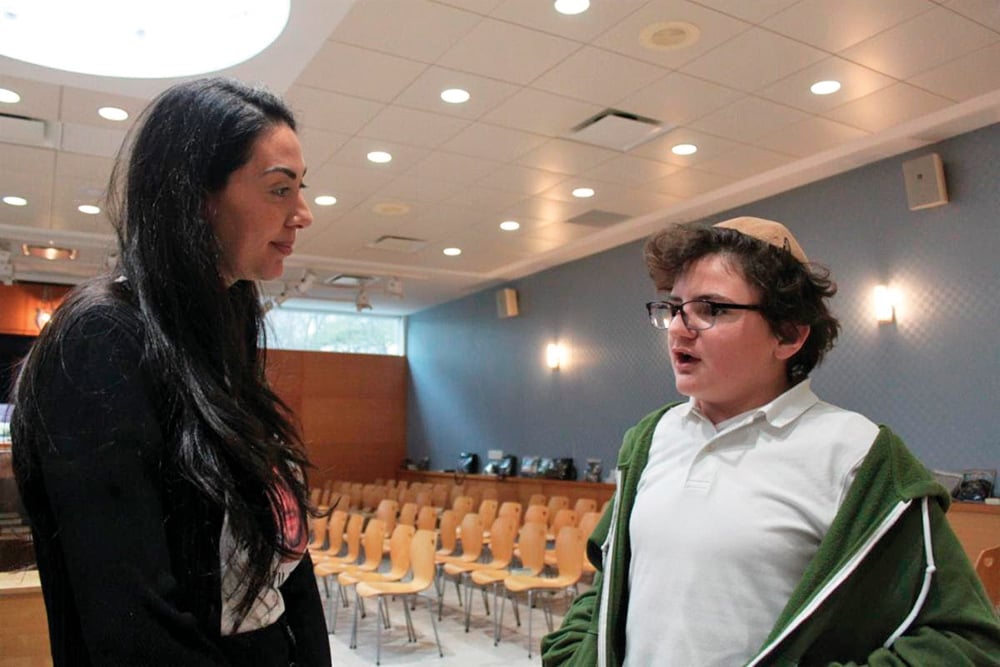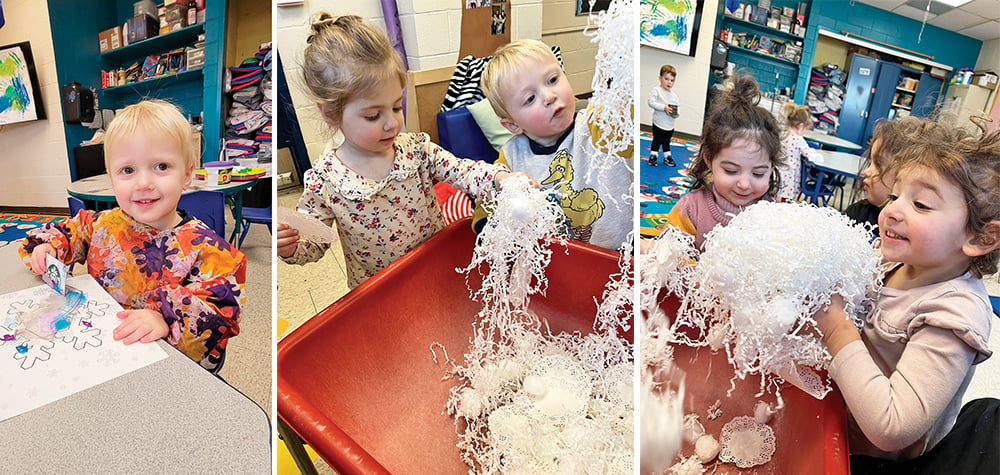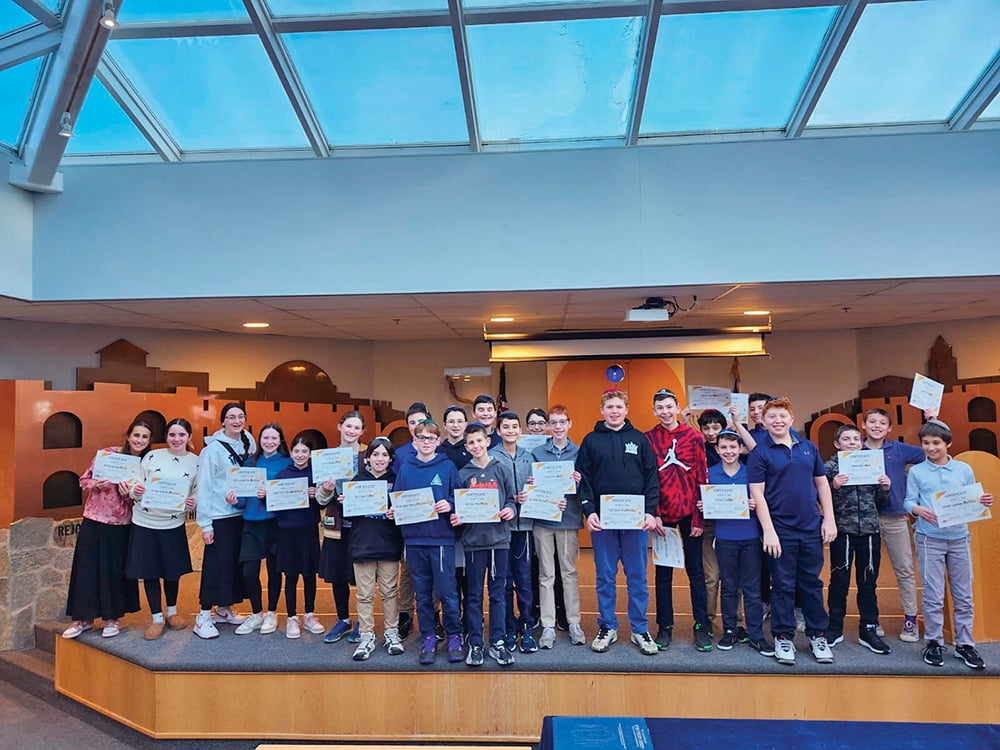
Throughout his odyssey in the strange and perilous world of Egypt, Yosef displayed extraordinary emotional resilience. Merely surviving the ordeal of being sold multiple times as a slave demanded immense inner fortitude. He resisted the relentless advances of his master’s wife and endured the bleak confines of a dungeon. Rising from the depths of despair, he ascended to become the second most powerful figure in the known world.
Years later, with delicate precision, he wove an intricate web to ensnare his brothers, ensuring the fulfillment of the ambitious dreams he had envisioned as a youth. When he finally sets eyes on his younger brother Binyamin, the years of separation and heartbreak overwhelm him. Retreating to a private chamber, he weeps for the lost years consumed by pain and estrangement. But Yosef is a man of purpose. He dries his tears, composes himself and steps back, continuing to direct the drama. Every calculated move of his plan is designed to draw his family to Egypt, compelling them to bow before him, just as his youthful dreams foretold.
As the situation deteriorates into chaos, Yehuda confronts Yosef, desperately pleading for their collective freedom. The Torah describes Yosef as no longer “able” to restrain himself. Overcome by emotion, he abandons his carefully constructed plans, revealing his identity and unraveling the intricate web he had spun.
It seems odd that Yosef could not maintain his composure. After all, Yehuda had no real leverage. The brothers had been caught red-handed with the royal goblet, and Yehuda’s pitiful offer to serve in Binyamin’s place was hardly compelling. Yosef had endured far greater emotional trials and could have easily rejected Yehuda’s plea.
But Yosef made a choice. Seeing the terror in his brothers’ eyes and imagining the anguish this prolonged charade would inflict upon his aging father, he decided that the cost of fulfilling his youthful dreams was too great. The toll of pain and heartbreak required to bring his visions to life was too high.
In that moment, Yosef relinquished his plans. He could have continued, exercising the same iron will that had carried him through years of betrayal and hardship. Instead, he surrendered his personal ambitions for the emotional well-being of others. Yosef chose compassion over conquest, empathy over ambition. It was not weakness but greatness—the strength to forgo his dreams for the sake of those he loved.
Yosef, once driven by the fiery passion of his dreams, transforms into a figure of deep compassion. His heart, once consumed by visions of grandeur, now beats with the tender rhythms of empathy, prioritizing human connection over personal conquest.
Starry-Eyed, But Stone-Hearted
People of deep conviction and burning passion are often swept away by the force of their ideals. Drawn to lofty principles and grand visions, they can lose sight of the day-to-day emotions of those around them. The needs of individuals and the stirrings of individual hearts seem small and insignificant when compared to the sweeping power of their high-minded pursuits. Starry-eyed and captivated by dreams of grandeur, they fix their gaze on the heavens but fail to notice the pain and longing written in human faces.
To his credit, Yosef undergoes a profound transformation, shifting from a man of fiery passion to a man of deep compassion, choosing the well-being of his family over the ambitions that had once consumed him.
Sleepers and Non-Sleepers
A few weeks ago, the prime minister of Israel held a contentious press conference that highlighted the deep divisions within our society. The ongoing tension between him and the press in Israel was palpable throughout the event. Reporters interrupted and heckled him relentlessly, and he lashed out in frustration, sparking a volley of heated exchanges. The scene felt like a perfect microcosm of our fractured nation—a mirror reflecting the discord that continues to splinter us.
Kalman Lipskind, a columnist for Makor Rishon insightfully observed that the press conference was little more than a theatrical sideshow distracting from the real divide tearing through Israel. The true fault line, he argued, is not between political left and right but between those who sleep soundly at night and those who cannot.
Families of hostages, bereaved families, those caring for injured soldiers, and anyone with a loved one serving on the front lines rarely find rest. In contrast, those untouched by the harsh realities of war, who have no children in harm’s way, sleep peacefully, shielded from the agony others bear. Most of the people in that press room—whether from the political left or right—belong to the group that sleeps. The heated exchanges and dramatic confrontations at the press conference may have seemed significant, but in truth, they were hollow, a staged conflict among those untouched by the searing pain that keeps others awake.
To summarize in my words: That room was brimming with people consumed by ideological passion. Perhaps it’s time for all that fervor to be tempered by compassion—a reminder to look beyond grand ideals and consider the human hearts bearing the burden of our struggles.
Society of Compassion
Israelis are deeply passionate about their political and ideological beliefs. As a people, Jews possess a natural tenacity and a remarkable strength of will. Yet, this very combination has contributed to the political quagmire we now face. Perhaps if we could weave more compassion into our society, we might begin the slow and vital process of healing our fractured nation.
Building a society of compassion begins with a careful choice of words and tone of speech. I have come to know the language of compassion intimately, spoken to me by those tending to my injured son. Their kindness and care were given freely, without any regard for ideology or political leanings.
I was deeply moved to learn that one of the devoted doctors treating my son is a Palestinian with strong Palestinian sympathies, and fundamentally opposed to the entire concept of Zionism. Yet, that doctor never asked where we live (Gush Etzion) or questioned our beliefs. Instead, the doctor treated us with unwavering compassion, transcending the barriers that often divide us.
We must all speak gently and respectfully to those enduring pain, even when their views clash with our own. Too often, I have witnessed people addressing those who have borne the heavy cost of this war with insensitivity, dismissing their suffering because of political differences.
Compassion must always come first. Bow your head in acknowledgment of their sacrifice before voicing the ideals you hold dear. Let compassion lead and allow passion to follow.
Family, Not Democracy
This prioritization of compassion must extend to every corner of our public sector. Our country is far too divided to find a common consensus in the traditional sense. Sadly, many democracies around the world are beginning to falter under the weight of similar political polarization. If we continue down this path, attempting to build a pure democracy, I fear we will never be able to unite.
But if we shift our perspective just slightly, we realize we aren’t merely constructing a democracy—we are gathering a family that has been scattered across the globe. We take care of our own, and above all, we must care for every Jew. Democracy is the political framework we use to govern ourselves, but the deeper aim is something much larger: family.
To reunite our family, everyone must be willing to make compromises. Just as in any family, members learn to compromise for the greater good, so too must we. Follow Yosef’s lead. To rebuild a broken family, compromise your passions for a little compassion. No one will receive everything they wish for. Everyone will receive the bonds of family. Sounds like a good trade-off to me.
The writer is a rabbi at the hesder pre-military Yeshivat Har Etzion/Gush, with Yeshiva University ordination and a master’s in English literature from the City University of New York. His most recent book, Reclaiming Redemption: Deciphering the Maze of Jewish History (Mosaica Press), is available in bookstores or at www.reclaimingredemption.com.












